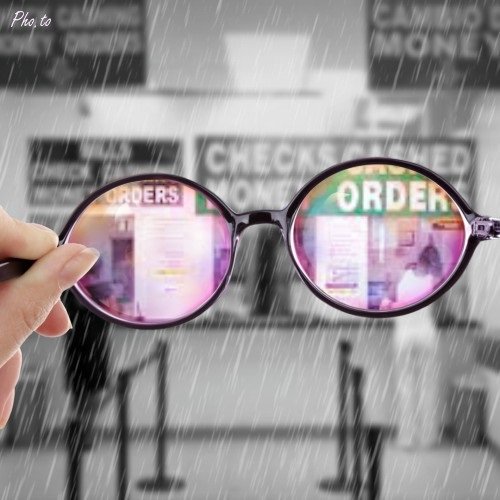Table of Contents
High Fidelity vs High Convenience. One example of the conflict is the bank vs the check casher.
Technology brings efficiency and productivity gains, but it’s asymmetrical. Intimacy is a Premium Product.
The provider captures the most of the gains. Improved shareholder equity, earnings, they can redirect staff away from servicing clients and instead allocate resources to sales and new client acquisition.
The vendor pushes clients into new behaviors, more self-serve technology, less human interaction. High Convenience v High Fidelity.
Banks vs. Check Cashers
- Banks want one customer with a million dollars and require a great deal more overhead because of the complexity of their business model
- Check cashers want a million customers with one dollar. Check cashers are transaction-based businesses with low overhead
There are several reasons why a person would choose to use a check casher rather than a bank. I’ll bullet the first two and then linger for a bit on the third:
- Cost: Banks expect to take in between $115 to $185 in annual fees from each account. Most of these additional costs are penalties and miscellaneous charges that are hidden in language and overly complicated statements
- Transparency: Check cashers display the fees for each transaction on signs that span the row of teller windows. Of the ten largest banks, checking-account disclosures are on average a hundred and eleven pages
3. Intimacy: For the lower-income consumer, check cashers and payday lenders are the long-lost community bank.
Yesterday’s banks merged with other banks and branches, insurance companies and other kinds of financial institutions and, when they got big, they moved farther away from their customers and they found other ways to make money. One of the things that they did was discover fees.
Banks are absentee landlords. When banks were mostly making their money from interest and small loans the CEO and bank employees lived within the community. There was not an insurmountable wage and savings gap between the top of the bank and the lower rungs of its workers and of the community it served.
The check casher employees are next door neighbors, they are not being driven in to work everyday and then driven out after hours to escape the people they served just hours ago.
Banks spend bigly on marketing, advertising, think tanks, pundits and all the ridicule and coercion that can be bought, to compel the unbanked into their ATMs and now online banking.
- The Check Casher is usually described by iterations of lobbyists and punditry as sleazy, predatory, and abusive.
- That same ‘Expert’ exaggerates the benefits of banking – that most low-income people don’t have enough money to enjoy.
Low-income people have decided to pay a premium for what is important to them.
The End?
